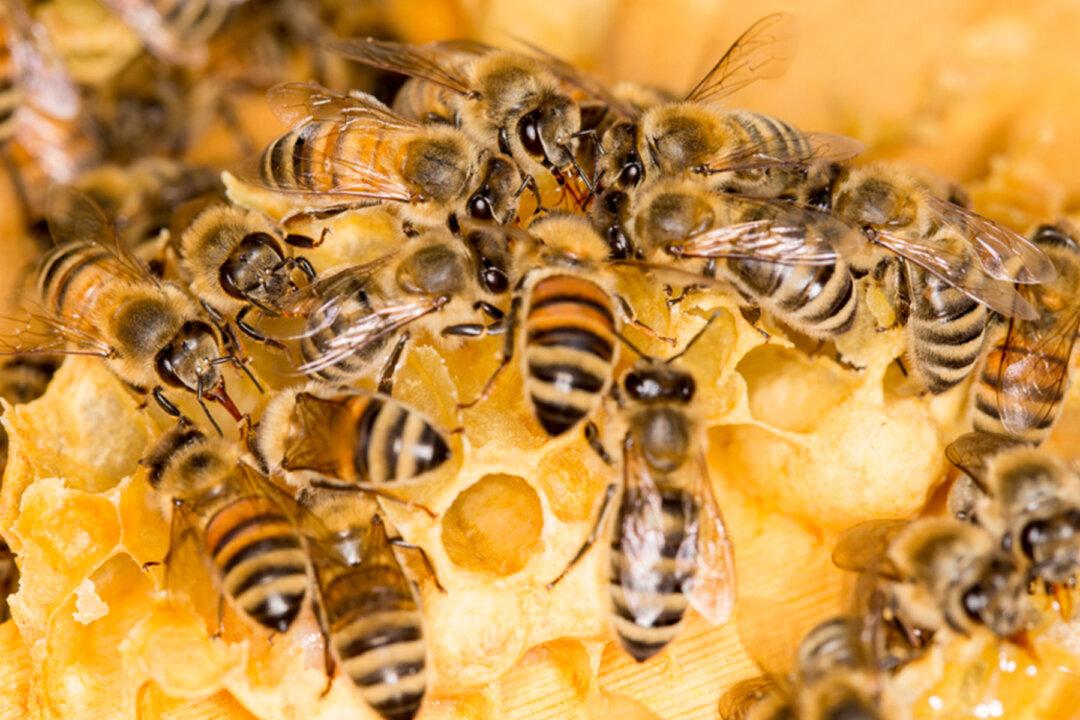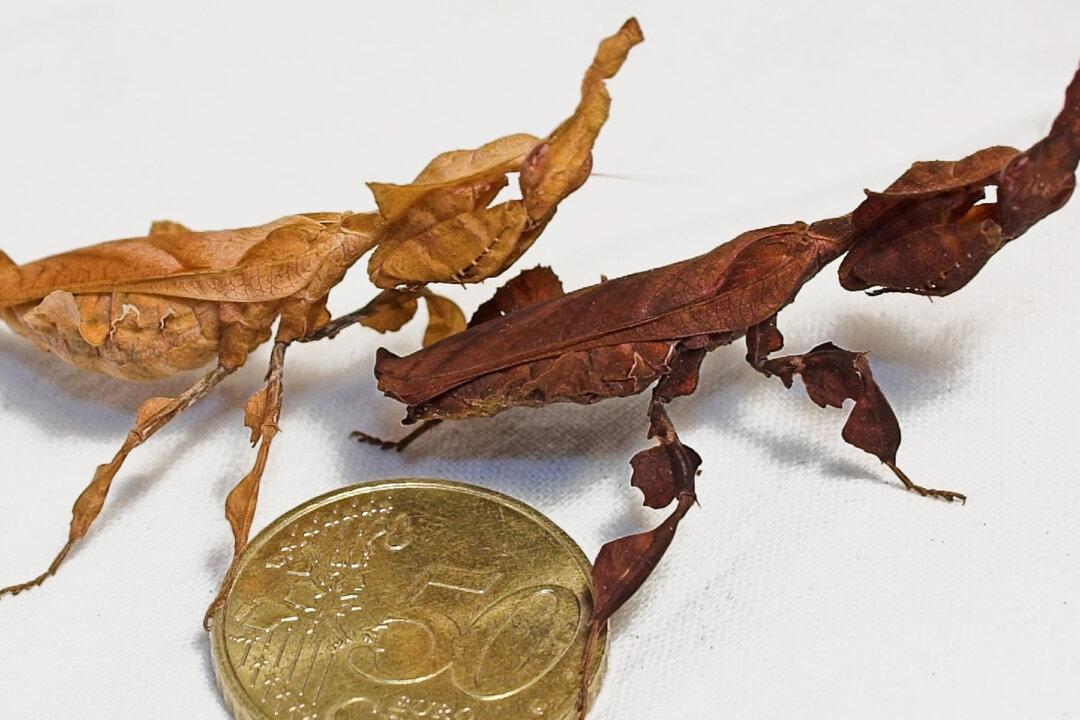Americans already impacted by COVID-19 quarantine measures have yet another worry to deal with in recent weeks, after an invasive species of hornet was discovered in Washington state with the potential to do harm.
The Asian hornet (Vespa mandarinia), recently dubbed the “murder hornet,” threatens Western honeybees (Apis mellifera), which are already on the decline in the United States. Just a handful of the invasive hornets are capable of wiping out an entire honeybee hive, killing thousands of bees and then feasting on their larva. This threat has prompted the state Department of Agriculture to seek eradication of the species of hornet from the area.




